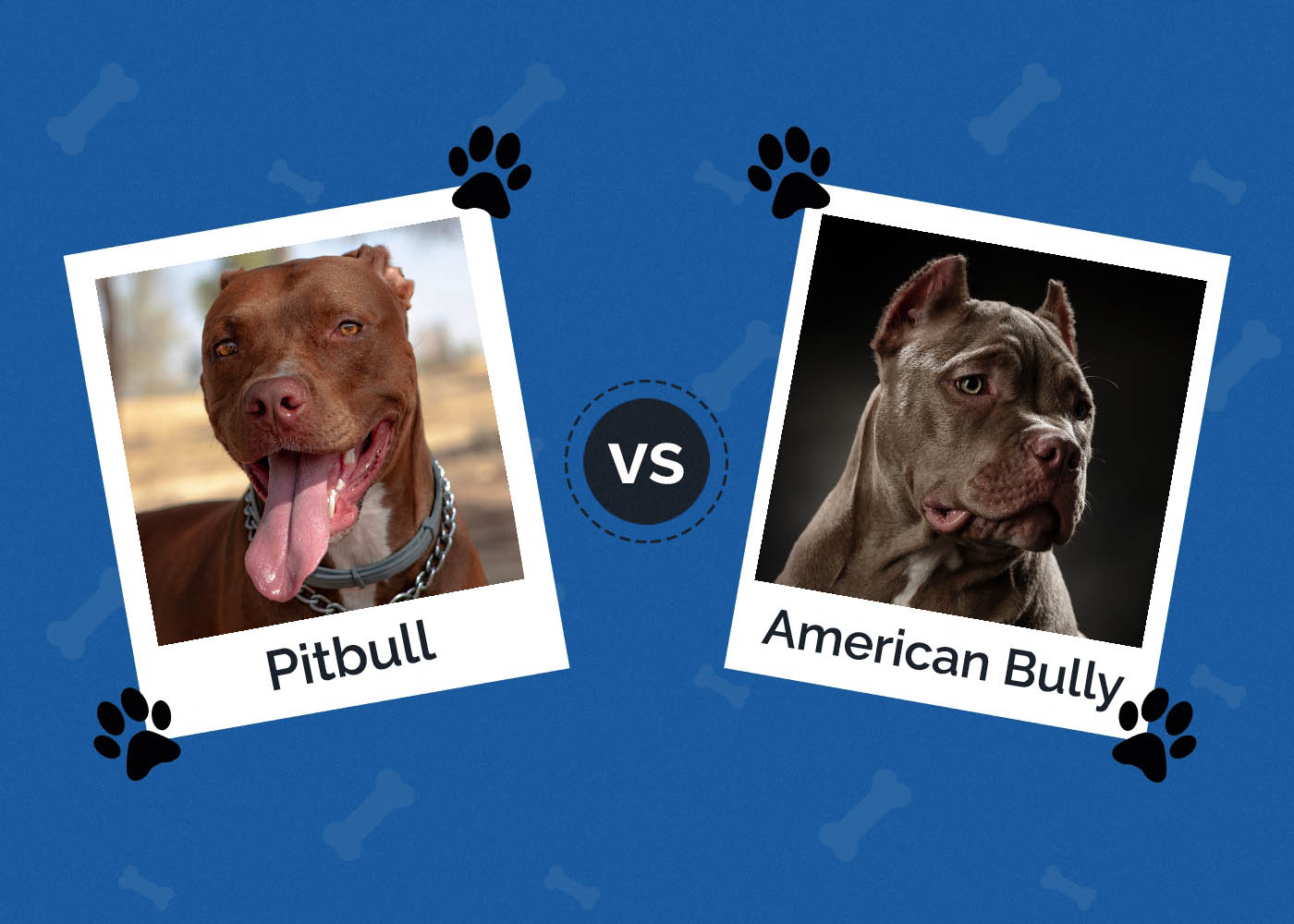When it comes to pitbulls, their nationality often sparks curiosity among dog enthusiasts around the world. Pitbulls have a rich history that dates back centuries, and their origins are deeply rooted in specific regions. Understanding the nationality of pitbulls not only sheds light on their ancestry but also highlights their cultural significance. So, let’s dive in and uncover the fascinating journey of this beloved breed!
Pitbulls are more than just dogs; they’re symbols of strength, loyalty, and resilience. Their reputation has been shaped by both their history and the way society perceives them today. But have you ever wondered where pitbulls truly come from? This question is at the heart of understanding their nationality. Let’s explore how this breed came to be and why it’s so closely tied to certain countries.
As we delve deeper into the world of pitbulls, we’ll discover how their origins have influenced their characteristics and roles in modern society. From working dogs to beloved family pets, pitbulls have come a long way. And while their nationality might surprise you, one thing’s for sure—they’ve left an indelible mark on canine history.
Read also:Ash Kaash And Sharife Video The Buzz The Story And The Impact
What Defines a Pitbull’s Nationality?
When discussing pitbull nationality, it’s essential to understand what defines a breed’s origin. Unlike many other dog breeds, pitbulls don’t belong to a single country. Instead, their development involved contributions from multiple regions. This hybridization process makes their nationality a bit more complex than you might expect.
Historically, pitbulls originated from a mix of English and Irish terriers and bulldogs. These dogs were bred for specific purposes, such as bull-baiting and other blood sports. Over time, their breeding evolved, leading to the pitbull we know today. So, when we talk about pitbull nationality, we’re really referring to the regions that played a significant role in shaping this breed.
The Role of England in Pitbull Origins
England is often credited as the birthplace of pitbulls. The country’s history of bull-baiting and dog fighting led to the creation of a breed that combined the tenacity of terriers with the strength of bulldogs. These early pitbulls were bred for agility, courage, and power, making them ideal for such activities. However, as societal attitudes shifted, so did the purpose of these dogs.
Today, English pitbulls are known for their friendly and affectionate nature. Despite their controversial past, they’ve become cherished companions in many households. England’s influence on pitbull nationality is undeniable, as it laid the foundation for this breed’s development.
Irish Contributions to Pitbull Nationality
While England gets much of the credit for pitbull origins, Ireland also played a crucial role. Irish terriers were bred for their agility and intelligence, qualities that were later incorporated into pitbulls. The Irish influence added a layer of versatility to the breed, allowing them to excel in various tasks beyond blood sports.
Irish pitbulls are often associated with their energetic and playful demeanor. They’re known for their boundless energy and love for human interaction. This aspect of their personality has contributed to their popularity as family pets. As we explore pitbull nationality further, it’s clear that Ireland’s contribution cannot be overlooked.
Read also:Christina Whittaker Update 2024 A Deep Dive Into Her Life Career And Latest Developments
How Ireland Shaped Pitbull Characteristics
Irish terriers brought a unique set of traits to the pitbull breed. Their intelligence and adaptability made them valuable assets in rural Ireland, where they were used for hunting and guarding. These qualities have persisted in modern pitbulls, making them versatile and capable companions.
- Irish pitbulls are known for their loyalty.
- They possess a strong work ethic.
- They thrive in environments where they can engage in physical activity.
These characteristics highlight the Irish influence on pitbull nationality and explain why they remain such beloved dogs today.
American Pitbull Terrier: A Modern Twist
No discussion of pitbull nationality would be complete without mentioning the American Pitbull Terrier. This breed, often referred to as the APBT, has become synonymous with pitbulls in the United States. Developed in the late 19th century, the APBT was bred for its strength, agility, and friendly disposition.
American pitbulls have gained popularity as family pets, thanks to their affectionate nature and protective instincts. They’re often described as gentle giants, capable of forming deep bonds with their human companions. The American influence on pitbull nationality has transformed them from working dogs to beloved household members.
Why American Pitbulls Stand Out
American Pitbull Terriers have several distinguishing features that set them apart from other pitbull types:
- They have a muscular build and a powerful jaw.
- They’re incredibly loyal and protective of their families.
- They possess a high level of intelligence, making them easy to train.
These traits have contributed to their widespread appeal and cemented their place in American dog culture. As we continue to explore pitbull nationality, the American influence remains a significant factor in their development.
Global Perspective on Pitbull Nationality
Pitbulls have transcended their original regions of origin and become a global phenomenon. Today, they can be found in households across the world, each country adding its own unique twist to the breed. From Europe to Asia and beyond, pitbulls have adapted to various environments and cultures, further enriching their nationality.
Despite their widespread popularity, pitbulls still face stigma and misconceptions in many parts of the world. This highlights the importance of education and awareness in shaping public perception. By understanding the true nature of pitbulls and their diverse origins, we can work towards a more positive future for this breed.
How Different Cultures View Pitbulls
Perceptions of pitbulls vary greatly depending on cultural context. In some countries, they’re celebrated as symbols of strength and loyalty. In others, they’re viewed with suspicion due to outdated stereotypes. Here’s a look at how different cultures perceive pitbulls:
- In the United States, pitbulls are often seen as family-friendly dogs.
- In parts of Europe, they’re sometimes associated with aggression, although this perception is changing.
- In Asia, pitbulls are gaining popularity as status symbols among dog enthusiasts.
Understanding these cultural differences is key to appreciating the global impact of pitbull nationality.
Common Misconceptions About Pitbull Nationality
There are several misconceptions surrounding pitbull nationality that need to be addressed. One common myth is that pitbulls are inherently aggressive due to their origins in blood sports. However, modern pitbulls have been selectively bred for their friendly and affectionate nature, making them excellent family pets.
Another misconception is that pitbulls are limited to certain regions or countries. In reality, their development involved contributions from multiple regions, resulting in a breed that transcends national boundaries. By dispelling these myths, we can gain a more accurate understanding of pitbull nationality.
Setting the Record Straight
Here are some key facts to help clarify common misconceptions about pitbull nationality:
- Pitbulls are not inherently aggressive; their behavior is largely influenced by upbringing and environment.
- They’re not limited to a single country or region; their origins are a blend of English, Irish, and American influences.
- They’re incredibly versatile and can thrive in a variety of settings, from rural farms to urban apartments.
By separating fact from fiction, we can appreciate the true nature of pitbulls and their nationality.
Scientific Insights into Pitbull Nationality
Recent studies have shed light on the genetic makeup of pitbulls, providing valuable insights into their nationality. DNA analysis has revealed that pitbulls share genetic similarities with several other breeds, including bulldogs and terriers. This genetic diversity contributes to their adaptability and resilience.
Research has also shown that pitbulls possess a unique set of traits that make them stand out from other breeds. Their intelligence, loyalty, and protective instincts are all rooted in their genetic makeup. By understanding the science behind pitbull nationality, we can better appreciate their unique qualities.
Key Findings from Recent Studies
Here are some key findings from recent scientific studies on pitbulls:
- Pitbulls have a genetic predisposition for forming strong bonds with humans.
- They possess a high pain tolerance, which contributes to their resilience.
- They’re capable of learning complex commands and tasks with proper training.
These findings underscore the importance of responsible breeding and training in shaping the future of pitbull nationality.
Conclusion: Embracing Pitbull Nationality
In conclusion, pitbull nationality is a fascinating topic that reveals the rich history and diverse origins of this beloved breed. From their roots in England and Ireland to their modern-day popularity in the United States and beyond, pitbulls have evolved into versatile and adaptable companions. By understanding their nationality, we can work towards a more inclusive and positive perception of this breed.
We encourage readers to share their thoughts and experiences with pitbulls in the comments below. Whether you’re a proud pitbull owner or simply a fan of these amazing dogs, your input is valuable in shaping the future of pitbull nationality. Together, we can create a world where pitbulls are celebrated for their true nature and contributions to society.
Table of Contents
- What Defines a Pitbull’s Nationality?
- The Role of England in Pitbull Origins
- Irish Contributions to Pitbull Nationality
- American Pitbull Terrier: A Modern Twist
- Global Perspective on Pitbull Nationality
- Common Misconceptions About Pitbull Nationality
- Scientific Insights into Pitbull Nationality
- Conclusion: Embracing Pitbull Nationality



